Look Sports Media – The recent Apex Legends Global Series (ALGS) Midseason Playoffs, held as part of the Esports World Cup, left a sour taste in the mouths of many fans. While VK Gaming’s victory was celebrated, the event itself was plagued by significant broadcast issues and a controversial format change that sparked widespread criticism across the Apex Legends community. The issues weren’t confined to Apex Legends; Valorant also suffered from broadcast and audio problems, raising concerns about the overall production capabilities of the Esports World Cup.
Day two of the ALGS Playoffs saw unacceptable delays, with the broadcast starting over an hour late. A Twitter user, Aura Gaming Report, highlighted the chaos, noting the lack of communication from officials amidst extended technical pauses and significant delays in matches. These broadcast issues, impacting both Apex Legends and Valorant, undoubtedly affected viewership.
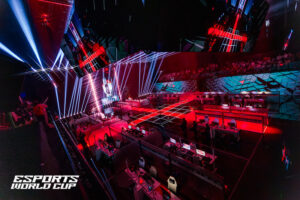
Beyond the technical difficulties, the observation of crucial in-game moments was severely lacking. The Esports World Cup’s decision to use its own production team, instead of EA’s typically highly-regarded crew, proved disastrous. Fans complained bitterly about missing key fights, with the broadcast frequently cutting away from crucial team engagements, forcing viewers to rely on the kill feed for updates. The absence of popular B-stream hosts NiceWigg and Greek, who usually provide insightful commentary and follow key moments, further exacerbated the problem. Their absence was deeply felt by the community, as their B-stream often surpasses the main broadcast in viewership.

Related Post
The tournament format itself was another point of contention. The integration into the Esports World Cup resulted in a unique elimination system prioritizing efficiency, beginning eliminations on day one. This contrasted sharply with the traditional ALGS format, which features a more gradual elimination process. The new "Pool Play" stage, with only two games per group, meant teams didn’t play every opponent, impacting seeding accuracy. This condensed format, featuring a brutal ten-match series for initial seeding, was criticized for its lack of recovery time for players. The case of Furia player Keon Berghout, who experienced medical difficulties due to lack of food during Pool Play 1, highlighted the potential negative consequences of this intense schedule.
The traditional ALGS format, with its Group Stage and a more gradual elimination process, allows for better player adjustment and reduces the impact of a single bad game. The Esports World Cup’s format, many argued, felt rushed, offering less opportunity for teams to showcase their skills and potentially costing teams valuable championship points.
The future of the ALGS’s integration with the Esports World Cup remains uncertain. While the financial benefits of offloading LAN costs are attractive, the negative fan reaction might force EA to reconsider this partnership. For now, the focus shifts to the upcoming ALGS Championship, where teams like Team Falcons, Alliance, 100 Thieves, and VK Gaming are expected to contend for the title. The question remains: will the lessons learned from this year’s controversial Midseason Playoffs lead to improvements in future ALGS events?

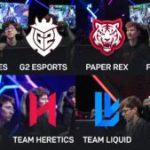
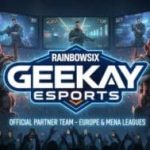


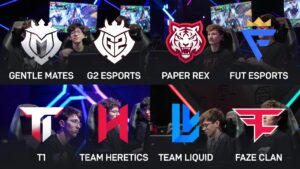
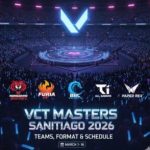
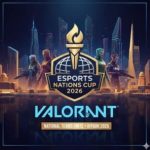
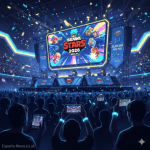
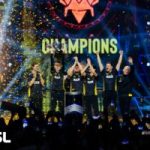
Leave a Comment